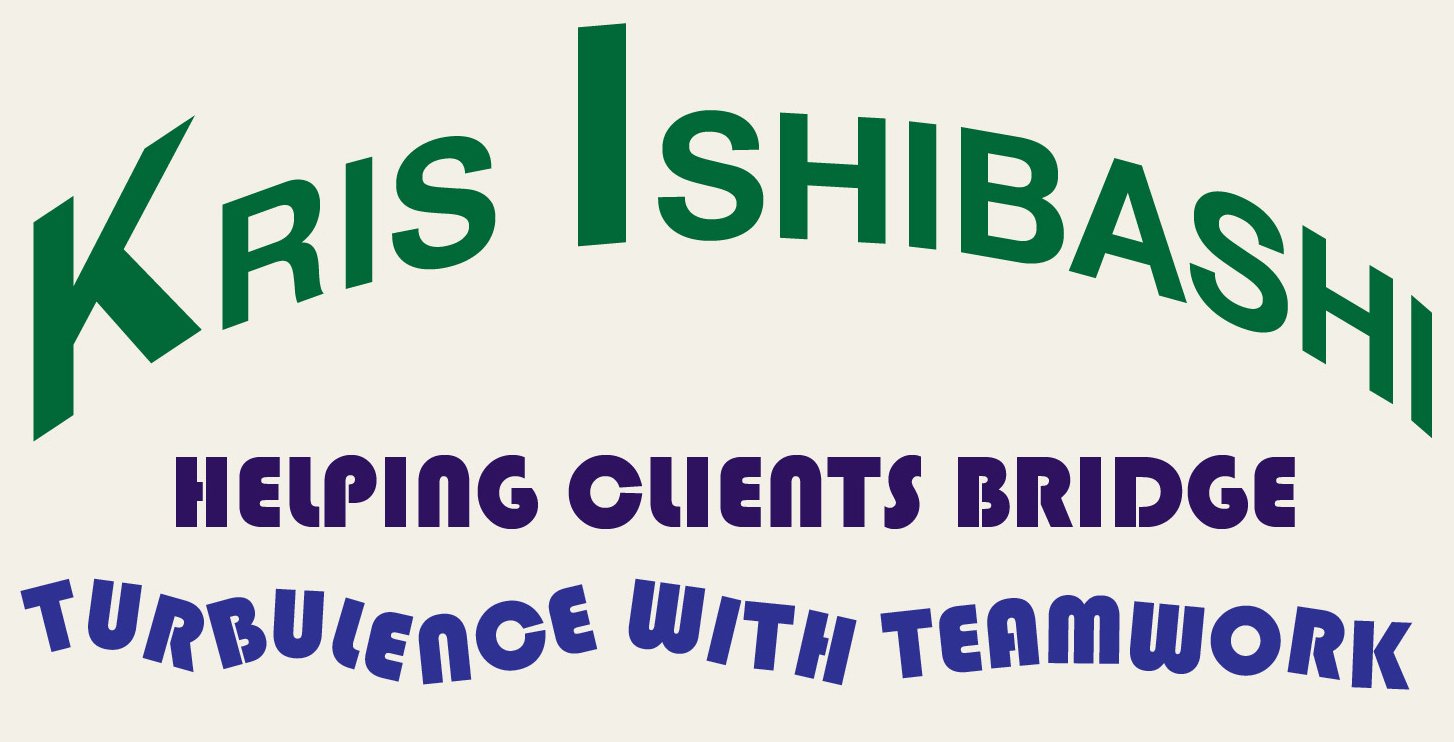courtesy 123rf
Self control is a key leadership competency - after all how can you expect people to follow you if you act on or voice any random thought that pops into your head? If you are one of those people who pride themselves on thinking before you act, you may wonder why you need emotional self awareness.
Have you ever been in an extremely stressful situation and found yourself acting or saying things out of character, and then wondering what happened? Have you ever found that someone pushed your buttons and you went to a place that you almost never go, and you ended up saying something that you regret? Have your staff or others complained about your behavior ? Or have you shut down in a meeting, sunk into your chair, and said nothing when action was called for?
I was raised with the Japanese concept “Gaman” which meant that you endure stresses without complaint and push through, regardless of how you feel. I grew up to be very reserved and out of touch with my emotions. Over time, I realized that some of the situations that I mentioned above were happening to me and analyzed what was happening.
I might have avoided these situations had I been emotionally self aware. None of us would dream of driving after a snowstorm without checking to see what the road conditions are. Why would we interact with others in emotionally charged situations without knowing what's going on inside us?
Now when I am meeting with a person or people who I know tend to push my buttons, I prepare myself mentally to be calm and not to allow them to get under my skin. Sometimes dressing more formally helps me to remember how I need to comport myself. When I prepare, I find that I am able to keep my emotions under control and be the leader that I want to be.
Of course, many emotionally charged situations cannot be predicted and prepared for. In those situations it is important to recognize the rising emotional charge in yourself, acknowledge it, and act to neutralize it before it spirals out of control.
Emotional self awareness is not difficult to cultivate, but for those of us who are not used to thinking about our emotions, it feels a little strange. Take a few minutes every morning to center yourself and take inventory about how you are feeling emotionally, and acknowledge it. By starting to think consciously about your emotions at least once every day, you will begin to cultivate the practice of monitoring them, and eventually you will get to the place when you are aware of your emotions in the moment. I have found that it works for me. Is it perfect yet? No, but it is a work in progress, and I am moving in the right direction.
QUESTION: What practices do you use to be aware of your emotions?
====================================================================
Leadership/Career Coach Kris Ishibashi works with leaders to bring together their skills, their authentic selves, and their intentions to inspire their organizations to superior performance. Click here to set up a complimentary consultation.


